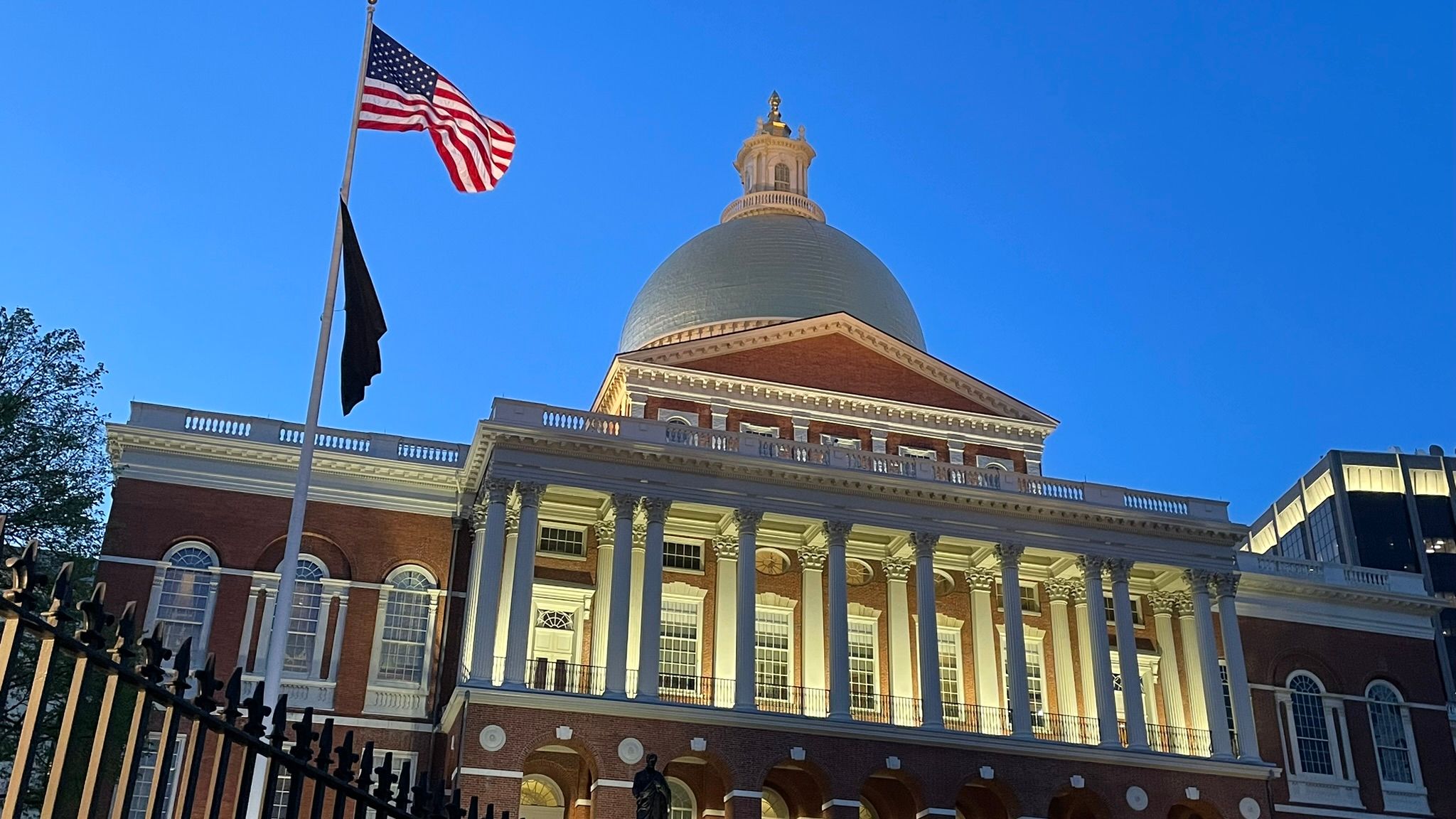How to Get Started in Public Policy
Oct 25, 2025
Getting started in public policy can feel overwhelming at first, and having a clear entry point helps you move forward with focus and confidence.
How to Begin a Career in Public Policy with Clarity
Public policy attracts people who want to make a tangible difference, yet the entry points aren’t always obvious. Many purpose-driven professionals are exploring how to contribute to change through civic leadership, advocacy, or government affairs, and they’re looking for a practical way to begin.
With federal positions being reduced or restructured, new opportunities are emerging at the state, regional, and local levels, as well as in government-adjacent roles that shape policy from outside government. These include advocacy organizations, think tanks, consulting firms, philanthropic foundations, lobbying groups, and corporate public affairs offices that influence legislation, strategy, and implementation.
Whether you’re early in your career or pivoting from another field, it’s possible to build a fulfilling path that aligns your skills with your values. Drawing from my own experience in state government, as an environmental protection lobbyist, and as a consultant, here’s how you can get started or reenergize your direction in public policy today.
1. Understand the Foundations of Public Policy
Before pursuing a career in public policy, it’s essential to understand its foundations—how policies are created, shaped, and implemented. Public policy is the process by which governments and related institutions address societal challenges, make decisions, and allocate resources to improve community well-being.
Policy professionals work across areas such as environmental protection, housing, transportation, healthcare, and education. Each issue area offers distinct opportunities for leadership and impact, whether you’re working in government, consulting, or advocacy.
If you’re exploring this field, start by learning how policy decisions are made at different levels of government and how public opinion, data, and advocacy shape those outcomes. You can also strengthen your understanding through accessible resources such as:
-
National Conference of State Legislatures (ncsl.org) ➔
-
League of Women Voters (lwv.org) ➔
-
Center for Civic Education (civiced.org) ➔
-
Governing ➔
Public policy careers often begin with curiosity and a desire to contribute to something bigger than yourself. As you study the foundations, you’ll start to see where your values, strengths, and interests can create the most meaningful impact.
2. Explore Education and Skill Building Pathways
Formal study in public administration, political science, urban planning, environmental policy, or public affairs can provide a strong foundation, but even if you come from another background, skills like communication, analysis, collaboration, and leadership are highly transferable.
If you’re already mid-career, short courses, workshops, or certificate programs can strengthen your credentials while helping you apply your expertise in a policy context. Leadership development programs offered by universities and advocacy organizations also provide practical opportunities to bridge theory with action.
3. Gain Experience in Government or Government Adjacent Roles
One of the best ways to build a public policy career is through practical experience. If direct government roles are limited, consider the many government adjacent paths that contribute to the policy ecosystem:
-
Advocacy and lobbying organizations that influence legislation and regulations
-
Research and policy institutes that conduct analysis and provide recommendations to decision makers
-
Consulting firms that advise public agencies and nonprofits on policy design and implementation
-
Corporate government affairs or sustainability offices that engage with policymakers on key issues
-
Community based nonprofits that work closely with city and state partners to advance public goals
Each of these paths offers opportunities to learn how policy is shaped, implemented, and communicated, while building relationships with the stakeholders driving progress.
Volunteering with advocacy campaigns, local boards, or civic committees can be a powerful way to gain hands-on experience, develop insights into how policy decisions are made, and expand your professional network. Many professionals discover new directions or opportunities through these community-based experiences.
One of the tools I use in my work as a career transition coach is helping clients identify bridge experiences such as short term projects or advisory roles that build credibility and networks while exploring long-term fit.
4. Strengthen Your Analytical and Communication Skills
Public policy professionals need to be both analytical and persuasive. Developing your ability to assess information, synthesize insights, and communicate clearly across audiences is essential.
If you enjoy working with data, learn how to use it to inform decisions through methods such as cost benefit analysis, impact evaluation, or mapping tools. Just as important are storytelling and relationship building, which help turn analysis into action.
Employers in government and advocacy consistently seek people who can listen deeply, explain complex issues clearly, and collaborate across perspectives.
5. Engage in Policy Discussions and Build Relationships
Relationships drive the policy world. Joining associations such as the American Society for Public Administration, Women in Government Relations, or your state’s League of Women Voters can help you build connections and learn from experienced professionals.
Attend public hearings, community forums, and legislative briefings. Engage with local leaders and advocacy groups on LinkedIn. Every conversation expands your understanding of how change happens and who helps make it possible.
Tip: Be proactive. Introduce yourself, volunteer for committees, and ask thoughtful questions. Many career shifts in policy begin with one genuine connection.
6. Stay Informed and Keep Growing
The policy landscape changes quickly. Staying current with reputable sources such as Governing, NPR, The Boston Globe, Politico, and State House News Service or similar news sources helps you track emerging priorities and understand regional dynamics.
Seek mentors who can share insights from their own policy or advocacy journeys. And remember, successful policy careers are built on lifelong learning, curiosity, and persistence.
Career Paths in Public Policy and Government Adjacent Work
Policy work can take many forms. Here are examples of roles across sectors:
-
Policy analyst or researcher
-
Legislative aide or director
-
Government affairs or lobbying specialist
-
Advocacy campaign manager
-
Sustainability or Corporate Social Responsibility (CSR) manager
-
Program director for a nonprofit or association
-
Community engagement manager
-
Economic or workforce development coordinator
-
Public affairs consultant
-
Strategic partnerships manager
Each of these roles contributes to shaping systems, influencing decisions, and creating positive impact, whether inside or outside formal government structures.
Moving Forward
A career in public policy offers the opportunity to make a tangible difference, from advancing climate resilience to strengthening local economies and promoting equity.
Even as federal programs shift, state, regional, and community level leadership remains a powerful force for progress. By clarifying your strengths, building strategic relationships, and exploring both government and government adjacent roles, you can create a purpose-driven career that contributes to a more sustainable and just future.
If you’re ready to explore or advance your career in public policy, consider career coaching or executive development to clarify your direction and move forward with confidence.
Clarity and Confidence in Your Career
Whether you’re a professional exploring a pivot into public policy or a leader seeking to grow your impact, you don’t have to navigate it alone.
Explore Coaching Plans ➔ Personalized coaching options to help you focus, explore possibilities, and make consistent progress.
For Organizations: Leadership Workshops & Retreats➔ Designed to help your team align purpose, communication, and impact.


